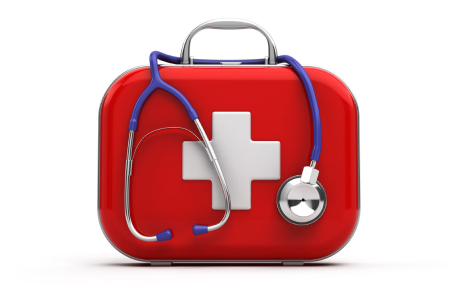What is First Aid? A Comprehensive Guide to the Principles of Immediate Care
- info@safetymastery.com
- +91 7200322134


Exploring the Importance of First Aid in Emergency Response and Health Care
Exploring the Importance of First Aid in Emergency Response and Health Care
“What is first aid?” This question lies at the core of our efforts to provide immediate care, prevent further harm, and respond effectively to emergencies. First aid encompasses a set of techniques, practices, and protocols designed to address injuries, illnesses, and medical emergencies promptly. In this comprehensive guide, we delve into the concept of first aid, its importance in emergency situations, and how it plays a critical role in saving lives and promoting well-being.

Safety International Diploma
- Ofqual Regulated Qualifications London, UK
- GradIOSH/CertIOSH status from IOSH, UK
- TSP status from BCSP, USA
- Gateway to MSC in UK universities
one or two years of qualification.
Get Courses Details
Get Courses Details
Safety Diploma
- Government-Endorsed National Safety Diploma Program
- Qualify for registration at the Employment Exchange
- Attestation by the Ministry of External Affairs for those wishing to move abroad
- Eligible for membership with MIIRSM (IIRSM membership at discretion)
- Approved by the Government of India
- Enhance your educational profile with an additional one or two years of qualification
Understanding First Aid:
First aid can be defined as the initial care provided to a person who has been injured or suddenly taken ill. It involves assessing the situation, administering immediate treatment, and seeking further medical assistance if needed. From minor cuts and bruises to life-threatening conditions, first aid aims to stabilize the patient, alleviate symptoms, and ensure their safety and well-being until professional help arrives.

The Role of First Aid:
Immediate Care: First aid focuses on providing immediate care to individuals in need, addressing injuries, illnesses, and emergencies promptly to prevent further harm and promote recovery
Emergency Response: In emergency situations, first aid responders play a crucial role in assessing the situation, prioritizing care, and taking decisive actions to ensure the safety and survival of those in need.
Life-saving Skills: First aid training equips individuals with life-saving skills, such as CPR (Cardiopulmonary Resuscitation), wound care, and basic medical interventions, empowering them to respond effectively to emergencies and potentially save lives.
Preventing Complications: By administering first aid promptly, responders can prevent complications, reduce the severity of injuries, and improve outcomes for patients before they receive professional medical treatment.
Promoting Well-being: Beyond physical care, first aid also addresses emotional support, reassurance, and comfort for individuals in distress, promoting a sense of security, care, and compassion.

The Importance of First Aid:
First aid is a critical component of emergency response, healthcare, and public safety, with the potential to save lives, prevent disabilities, and mitigate the impact of injuries and illnesses. By understanding the principles of first aid, receiving training, and being prepared to respond to emergencies, individuals can play a vital role in providing immediate care, supporting those in need, and contributing to a safer and healthier community.

“What is first aid?” It is more than a set of techniques; it is a lifeline in times of crisis, a beacon of hope in emergencies, and a pillar of care and compassion for those in need. By embracing the principles of first aid, receiving training, and being prepared to respond to emergencies, we can make a difference in the lives of others, promote well-being, and create a safer and more resilient society. Let us continue to prioritize first aid, empower individuals with life-saving skills, and work together to ensure that immediate care is always within reach in times of need.

